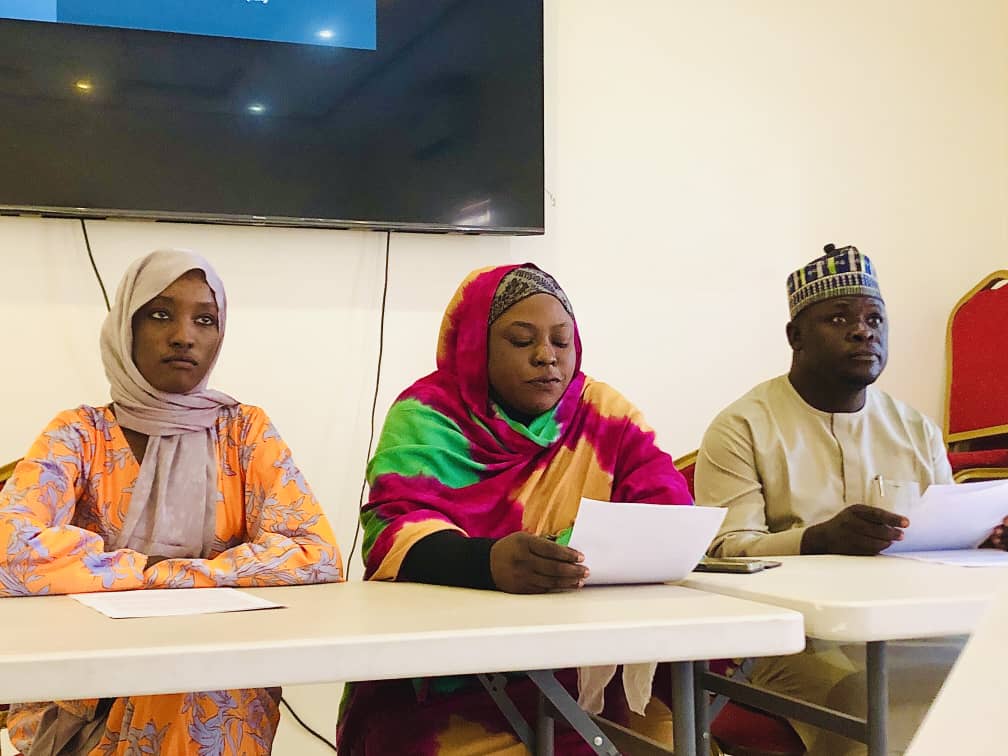By Mustapha Salisu
The Centre for Information Technology and Development (CITAD) has inaugurated the Women in the Digital Economy Fund (WiDEF) Project, an initiative aimed at addressing the gender digital divide and empowering women and girls in Northern Nigeria.
PRIME TIME NEWS gathered that the project, titled “Addressing Gender Digital Divide and Enhancing Business Opportunities for Women in Northern Nigeria (AGENDA-WIN),” commenced in December 2024 and will run for two years across Kano, Jigawa, Bauchi, and Yobe states, with Lagos and Rivers as control states to assess disparity and impact.
Speaking during a press briefing today in CITAD’s Kano office, WiDEF’s Project Manager, Zainab Aminu revealed, the collaborative effort is supported by USAID and the Bill & Melinda Gates Foundation, alongside global partners like Microsoft, the Reliance Foundation, CARE, the Global Digital Inclusion Partnership, and the GSMA Foundation.
Adding that the initiative seeks to dismantle systemic barriers preventing women and girls from accessing digital opportunities, promoting equitable economic development, and improving women’s livelihoods, economic security, and resilience in Nigeria.
“The gender digital divide remains a pressing challenge, with the International Telecommunication Union (ITU) reporting 244 million fewer women than men globally using the internet. In Nigeria, the National Bureau of Statistics highlights that women occupy less than 20% of tech jobs, highlighting the urgent need for action. The WiDEF project aims to bridge this gap by equipping women and girls with essential digital skills and creating opportunities for economic empowerment.” She stressed.
Zainab emphasized the economic and social benefits of integrating more women into the digital economy. Noting that empowering women contributes to poverty reduction, inclusive growth, and community resilience, while diverse workplaces are proven to be more productive and innovative.
She further explained that the project includes initiatives such as digital skills training, economic empowerment, mentorship programs, policy advocacy for inclusive digital governance, and community awareness campaigns to inspire women and girls to lead in Nigeria’s digital transformation.
Zainab however, calls on government agencies, private sector players, civil society groups, and local communities to join forces in closing the gender digital divide. According to her “collaborative efforts can create a future where women are not only participants but leaders in the nation’s burgeoning digital economy”
The Project Manager reiterated that, the WiDEF project is part of CITAD’s broader commitment to reducing gender inequality in the tech industry and promoting a more equitable digital landscape in Nigeria.


